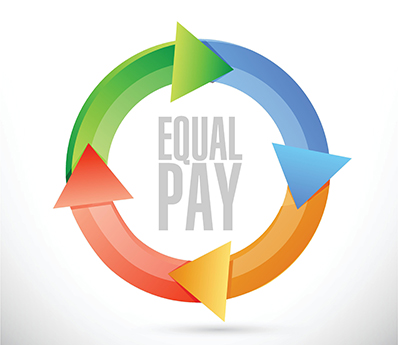When we last checked in on AB 1209, the Gender Pay Gap Transparency Act, the proposed legislation was making its way through the California Senate. After making a few key amendments, the Senate passed the bill on September 7, 2017. The California Assembly approved the amendments on September 11, 2017, and now the fate of AB 1209 lies in the hands Governor Jerry Brown. READ MORE
California Takes One Step Closer to Imposing Reporting Requirements and Public Shaming for Employer Pay Gaps







